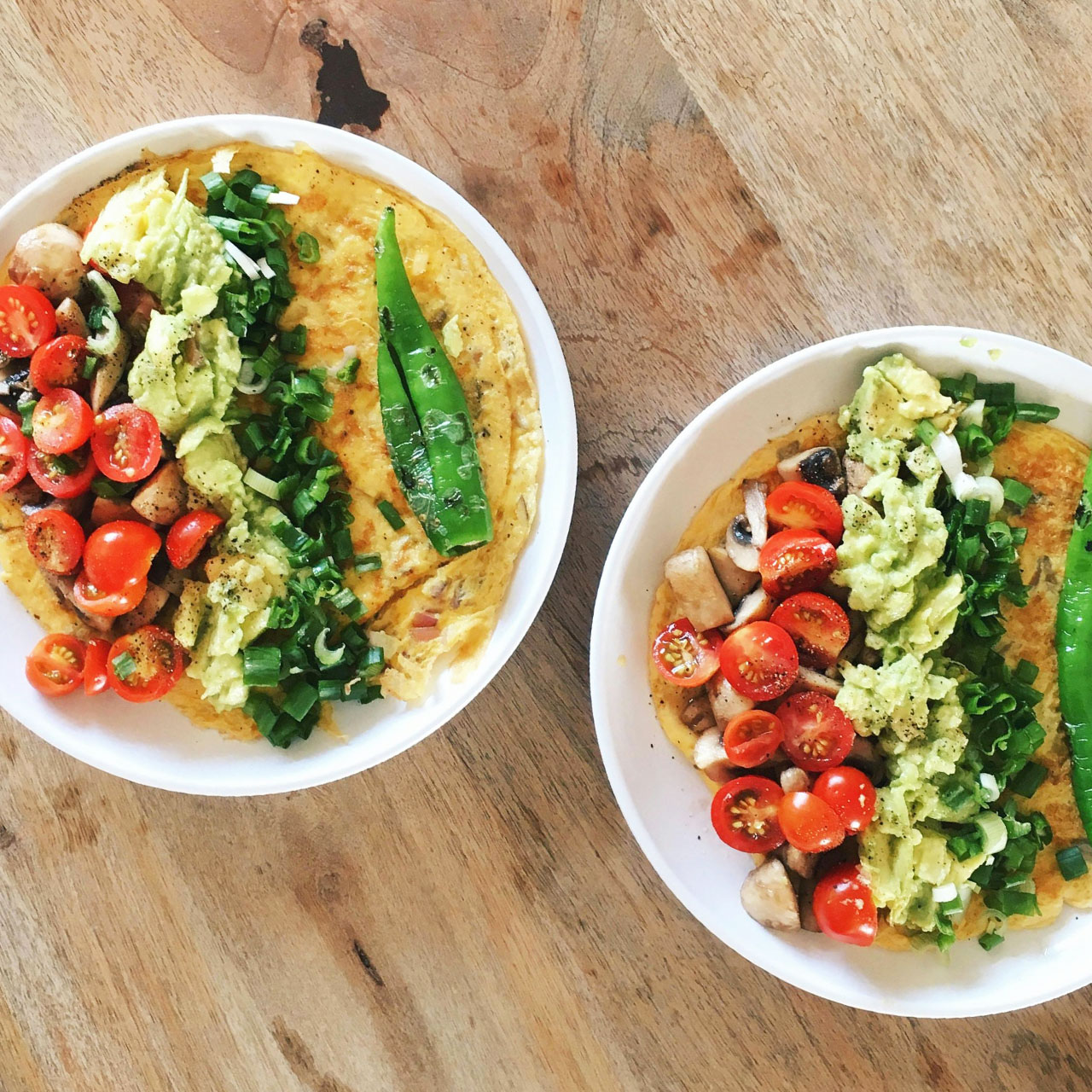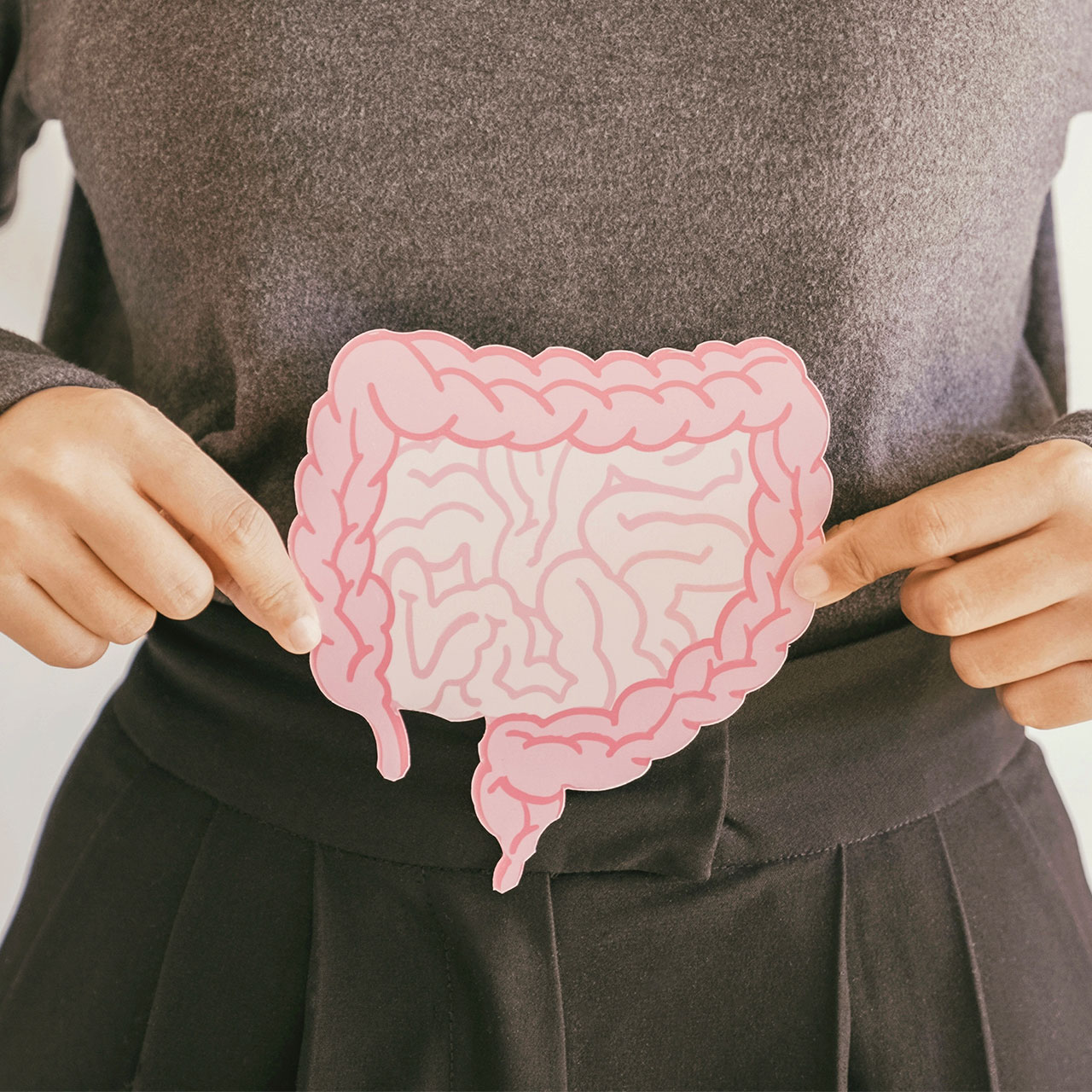While a gluten-free diet mainly benefits those with wheat allergies, it has become increasingly trendy to try. We reached out to health experts to learn more about the diet, what it might mean for you, and a drawback to be wary of if you aren’t *actually allergic* to gluten. Read on for tips, suggestions and insight from Lisa Richards, registered nutritionist and creator of The Candida Diet, Trista Best, MPH, RD, LD, registered dietitian at Balance One Supplements, and Elizabeth Quinn, MS, CNS, FMCHC, functional nutritionist and certified nutrition specialist.


First Off, What Does A GF Diet Entail?
Gluten is a group of "natural plant proteins found in many grain-based foods," Richards says, containing wheat, rye, barley, and triticale. Those with gluten sensitivity or celiac disease "should follow a gluten-free diet," Richards stresses, and not those who aren't allergic or sensitive to it. "Certain conditions make people prone to inflammation, especially autoimmune diseases," she adds. According to Richards, if this is the case for you, "it may be worth trying the gluten-free diet" to determine if there is a link between your autoimmune flare-ups and gluten.

If you were recently diagnosed with Celiac disease or think you might have it, Best says it is imperative to learn more about a gluten-free diet. "Some people can have a sensitivity to gluten, which can cause brain fog, gastrointestinal distress, and inflammation," she says. "The individual managing celiac disease, a gluten allergy, must obtain truly gluten-free foods," she continues, as their allergy to gluten is "life-altering or they risk flare ups that lead to chronic fatigue, significant weight loss, painful gas and bloating, irritability, and even depression."

How The Diet Could Deprive You Of Essential Nutrients
If you aren't allergic to gluten or wheat, this diet has more pros than cons, Quinn warns. "There are a lot of processed and packaged gluten free products out there," she says, and "there is a misperception that 'gluten-free' equals healthy." If you rely heavily on packaged foods, she explains, you might not get the fiber, vitamins, minerals and phytonutrients available from whole foods.
Most gluten-free products, she adds, are "not fortified with B vitamins and iron," as this is not required "if they don't use refined flours." If a woman is pregnant or trying to become pregnant, for example, Quinn sats this could mean "they are not getting the folic acid in fortified food products."

The gluten-free diet is "not for everyone," Quinn reiterates. "If you have celiac disease or a non-celiac gluten sensitivity, a gluten-free diet is recommended, however, it is a restrictive diet which eliminates many grain products." Following a gluten-free diet makes it more difficult to eat a variety of plant foods, she notes, and nourish your microbiome.
Richards agrees, and says that a gluten free diet "can be relatively low in fiber," due to the reliance upon processed foods that are often low in fiber. "Restaurant food choices can also be limited," she acknowledges, making it difficult to stick to or restrictive. In addition, Richards says that gluten free products are more expensive than their grain containing alternatives. "They are also growing in variety and types, which can be expensive to produce," she concludes. Noted!


























